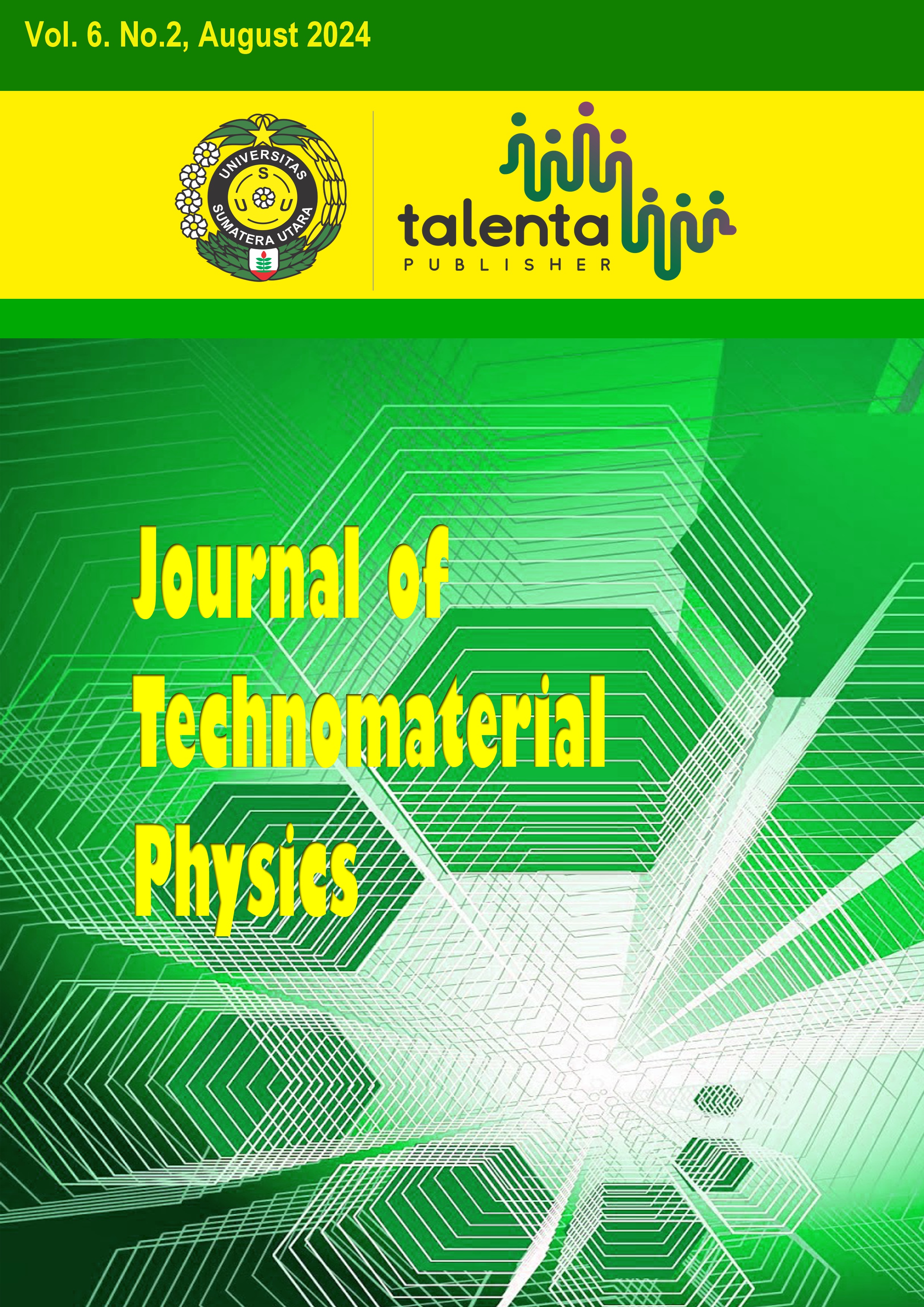Utilization of PT INALUM Baking Filter Dust Waste and Coconut Shell Charcoal in Making Hybrid Briquettes
DOI:
https://doi.org/10.32734/jotp.v6i2.17673Keywords:
Baking Filter Dust,, Biomass,, Coconut Shell Charcoal,, Hybrid Briquettes,, Renewable EnergyAbstract
The global energy crisis and dependence on fossil fuels require the search for renewable and environmentally friendly energy sources. The smelter industry of PT INALUM produces Baking Filter Dust (BFD) as waste, which can pollute theenvironment if not properly managed. Meanwhile, coconut shells, an abundant agricultural waste, hold potential as an alternative fuel. This research aims to develop hybrid briquettes from BFD and coconut shell charcoal, according to SNINo.01-6235-2000 standards. The study involved collecting and preparing BFD from PT INALUM and coconut shell charcoal, producing briquettes with varying ratios from 20% BFD: 80% charcoal to 80% BFD: 20% charcoal. The quality of the briquettes was tested through proximate and ultimate analyses, with characterization using XRF, FTIR, SEM-EDS, and TGA to determine elemental content, functional groups, structure, chemical composition, and thermal stability. The results indicated that briquettes with 60% BFD and 40% coconut shell charcoal exhibited the highest quality, with a calorific value of 6557.3 cal/g, fixed carbon content of 86.2%, ash content of 3.38%, moisture content of 3.22%, volatile matter content of 7.2%, and sulfur content of 0.47%. These briquettes meet SNI No.01-6235-2000 standards and provide a viable solution for managing industrial waste and supplying sustainable alternative fuel.
Downloads
Downloads
Published
Issue
Section
License
Copyright (c) 2024 Journal of Technomaterial Physics

This work is licensed under a Creative Commons Attribution-ShareAlike 4.0 International License.












